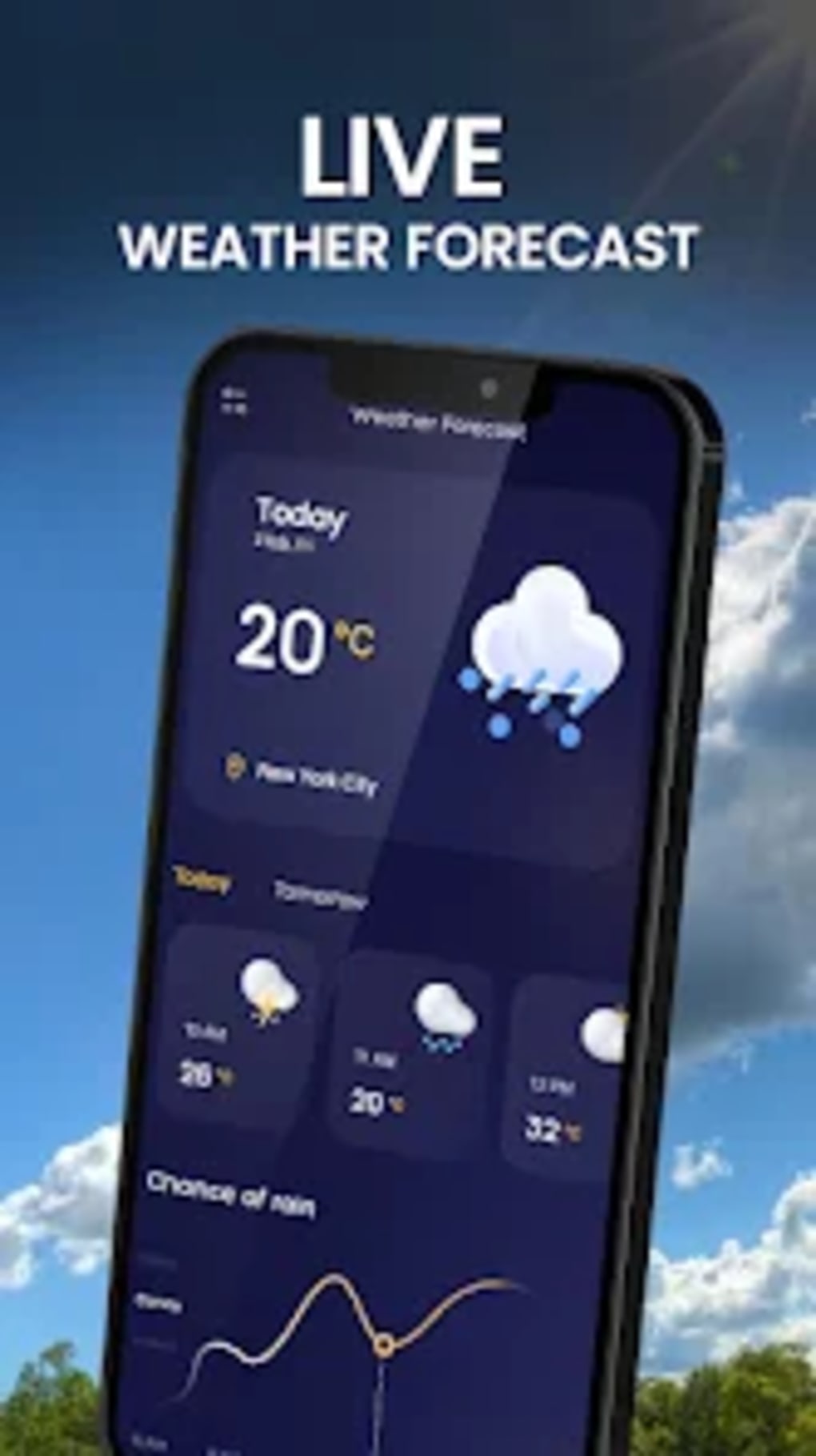Atlanta, a vibrant city nestled in the heart of Georgia, is renowned for its dynamic climate that ranges from mild winters to scorching summers. The weather here plays a crucial role in shaping daily life and outdoor activities. Whether you're planning a weekend getaway or simply commuting to work, understanding Atlanta's weather patterns can greatly enhance your experience. This guide will provide you with essential insights into Atlanta’s climate, helping you stay prepared and informed.
As one of the fastest-growing cities in the United States, Atlanta offers an array of attractions, from lush parks to bustling urban centers. However, the city's weather can be unpredictable at times, making accurate forecasts indispensable. From spring showers to summer thunderstorms, knowing what to expect can make all the difference in your plans. Let's delve deeper into the nuances of Atlanta's weather forecast and discover how best to navigate its ever-changing climate.
Understanding Atlanta's Daily Weather Patterns
Atlanta's daily weather forecast provides critical information for residents and visitors alike. Morning temperatures typically hover around 67°F, creating a pleasant start to the day. As the sun rises higher, afternoon temperatures climb to about 81°F, accompanied by a mere 2% chance of rain. This makes it ideal for outdoor activities such as hiking or exploring local markets.
Evenings bring a refreshing coolness with temperatures dropping to approximately 73°F. It's during this time that Atlantans often enjoy al fresco dining or evening strolls through the city's scenic neighborhoods. Overnight, the temperature falls further to around 65°F, with a slightly higher chance of rain at 6%. Staying updated on these fluctuations ensures you're always dressed appropriately for the day ahead.
The Weather Channel and Weather.com offer comprehensive Doppler radar updates, providing real-time data on precipitation and other meteorological conditions. These resources are invaluable for anyone looking to plan their day effectively based on current and upcoming weather trends.
Preparing for the Next Ten Days
For those who prefer long-term planning, a reliable 10-day weather forecast is essential. In Atlanta, this forecast not only predicts temperature highs and lows but also estimates the likelihood of precipitation, ensuring you're well-prepared for any eventuality. During this period, periods of rain are expected, with nighttime lows nearing 45°F and winds blowing gently from the east-northeast.
With a 100% chance of rain predicted, carrying an umbrella or waterproof jacket becomes advisable. Rainfall amounts could reach half an inch, so waterproof footwear might also come in handy. Humidity levels may rise, affecting comfort levels, especially during warmer days. Monitoring these conditions allows you to adjust your wardrobe and schedule accordingly.
Weather.com and The Weather Channel deliver precise predictions, empowering individuals to make informed decisions regarding travel, work, and leisure activities over the next ten days. Their detailed reports ensure you remain one step ahead of Mother Nature's whims.
Navigating Severe Weather Conditions
Occasionally, severe weather events like thunderstorms sweep through Atlanta, demanding immediate attention and preparation. On days when storms are anticipated, such as March 15-16, it's crucial to follow specific guidelines to safeguard property and personal safety. For instance, fallen trees pose significant hazards, necessitating homeowners to take responsibility for removal if they land on private property.
Staying informed about impending severe weather alerts helps mitigate risks associated with high winds, heavy rains, and potential flooding. Local authorities and emergency services provide valuable advice on securing homes and evacuating if necessary. Keeping emergency supplies stocked and communication lines open ensures peace of mind during turbulent weather spells.
By adhering to expert recommendations and maintaining situational awareness, residents can better manage challenges posed by severe weather incidents. Resources such as the National Weather Service (NWS) offer invaluable support through advanced warning systems and educational materials designed to enhance community resilience against adverse climatic conditions.
Accessing Reliable Radar Information
The National Weather Service (NWS), headquartered in Silver Spring, Maryland, serves as a primary source for radar imagery and forecasts across the United States. Their Atlanta-specific radar displays provide detailed visual representations of approaching weather systems overlaid onto interactive maps. This tool proves particularly useful for tracking storm movements and assessing their impact on specific areas within the metro region.
Radar technology has advanced significantly, allowing meteorologists to detect precipitation types, intensity, and movement patterns accurately. By integrating radar data with traditional forecasting methods, experts can issue timely warnings and advisories, enhancing public safety during inclement weather episodes. Understanding how to interpret these graphics empowers users to anticipate changes in local weather conditions more effectively.
In addition to graphical displays, NWS offers textual summaries and specialized products tailored to diverse user needs, including aviation, marine, and agricultural sectors. Leveraging these comprehensive resources equips individuals with the knowledge required to respond proactively to evolving weather scenarios affecting Atlanta and surrounding regions.
Comprehensive Weather Insights for Atlanta Residents
Forecasting the next 48 hours in Atlanta involves analyzing multiple variables influencing regional climate dynamics. Historical weather records complement modern predictive models to generate accurate short-term projections. Yesterday's weather analysis contributes valuable context, enabling forecasters to refine their methodologies continually.
Adjacent monitoring stations, such as DeKalb-Peachtree Airport and Hartsfield-Jackson Atlanta International Airport, supplement official forecasts with localized observations. These supplementary datasets improve overall accuracy and reliability of reported conditions throughout the metropolitan area. Residents benefit from enhanced precision when preparing for rapidly changing weather situations.
Remaining vigilant about upcoming weather developments fosters proactive decision-making, whether organizing social gatherings or executing professional commitments. Utilizing cutting-edge technologies and established meteorological practices guarantees access to dependable information supporting safe and enjoyable experiences in Atlanta's ever-evolving climate landscape.

